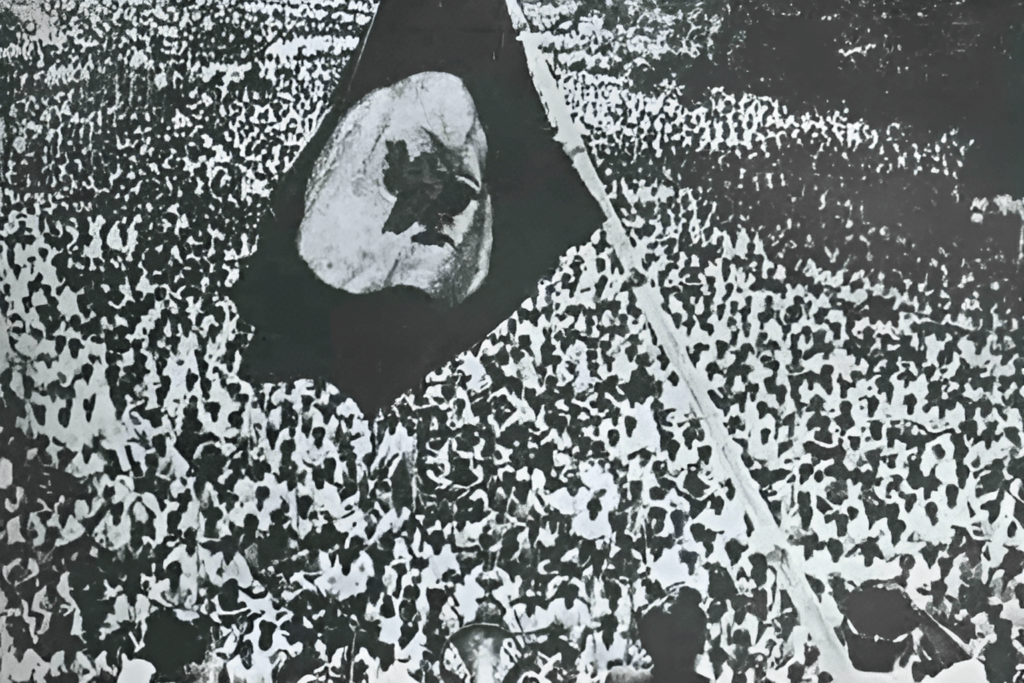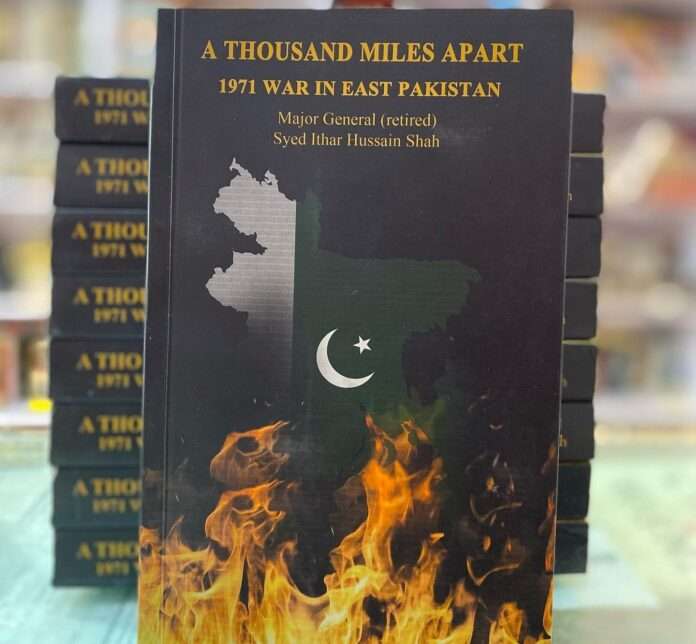The war of 1971 is an unforgettable event in Pakistan’s history because the outcome of this war was not in favour of Pakistan and placed the government of Pakistan under heavy pressure of regional and global politics. It was an exceptional point in Pakistan’s political history where the nation faced a big loss, and the country was divided into two parts. The separation of the Eastern part was a major setback for Pakistan’s government and its armed forces because the results of the 1971 war facilitated the Indian leadership to undermine the position of Pakistan in its domestic region.
The results of the war spawned a new debate in the international community on the politics of the South Asian region generally, and India-Pakistan rivalry specifically. Intellectual circles from different parts of the world had expressed their positions on the South Asian crisis of 1971 when the Indian involvement in the internal affairs of Pakistan allowed New Delhi to achieve its desired objectives of intervention. In the intellectual debate on the 1971 war, the most exciting dimension of literature is maintained by South Asian authors. Akin to various other South Asian authors, the book under review is an academic account of a former military officer who retired from the rank of Major General.
Syed Ithar Hussain Shah was commissioned in the 16 (SP) Field Regiment Artillery in 1976 and secured several prestigious positions in his career. Before his retirement in 2013, he polished his exceptional academic skills at the Canadian Forces Command and Staff College Toronto and the National Defence University Islamabad. Based on an exceptional combination of academic and professional capabilities, he attempted to define his position and perception on the tragedy of the 1971 war in the form of a book.
The book is divided into two main parts The Gathering Storm and Prelude to All Out War and The Open War. The first part covers the scenario which led to the war between both parts of the country, whereas the second part of the book provides basic information about the war and the position of Pakistani forces under Operation Search Light. Parallel to discussing the circumstances leading to the launching of Operation Search Light, the role of clandestine Indian involvement and the rising political contest between the mainstream leadership of Eastern and Western parts is discussed.
The initial few pages provide interesting details of Bengali nationalism and its evolution starting from the colonial era. In the end, the concluding analysis summarises the whole debate of the book on certain levels (National, Military strategy, Division and Brigade, and Unit and Sub-Unit). All the arguments that are divided into nine brief chapters attempt to provide an actual picture of the war imposed by India on Pakistan because the government of Pakistan tried its best to avoid the war and address the causes of a persistently growing sense of deprivation in the Bengali people.

Indian support to Bengali militants resulted from New Delhi’s anti-Pakistan approach and the objective of Indian leadership to place Pakistan under the ashes of an unavoidable civil war. Thus, the analysis of the author in the book addressed various unanswered questions and tried to maintain an exceptional account of different arguments.
The inclusion of different maps enhanced the legitimacy of the author’s arguments in the book while increasing the reliability of the findings in the concluding part. In this way, this book can be considered a fresh account of the 1971 war and its different political and strategic dimensions between India and Pakistan. It can also be considered to be a glimpse into India-Pakistan’s decades-long hostility consisting of New Delhi’s offensive and Pakistan’s defensive behaviours.
It is an appropriate book for students of history, politics, and strategic studies because it explains a major incident of India-Pakistan strategic competition and the inflexible standings of two-sided governments against each other. People interested in understanding the security puzzle of the nuclearized subcontinent can find this book an interesting account of various arguments that are supported by primary data sources.





